
The birth rate dropped by almost 10pc during the first quarter of this year compared with the same period last year, new figures reveal.
Data from the Central Statistics Office (CSO) showed that births decreased by 1,522 in the first three months of 2020.
In the first quarter of 2019, there were 15,893 babies born in Ireland while in the same period this year there were only 14,371 births.
The birth rate stood at 11.7 per thousand in the population, the lowest ever on record.
This corresponds to a fertility rate of 1.77, where 2.1 is needed to achieve population replacement.
Senior lecturer at the UCD Smurfit School of Business, Jim Power, said the decline in births is “one of the biggest challenges facing the country” as there won’t be enough income to pay for pensions. However, he told the Irish Daily Mail that having more children was “not going to happen”.
He said the pension age will have to be raised, or there will have to be a lot of inward migration to make up the difference.
“Unfortunately, many of our political leaders just don’t have the political strength to state the bleeding obvious—it’s a time bomb ticking away.”
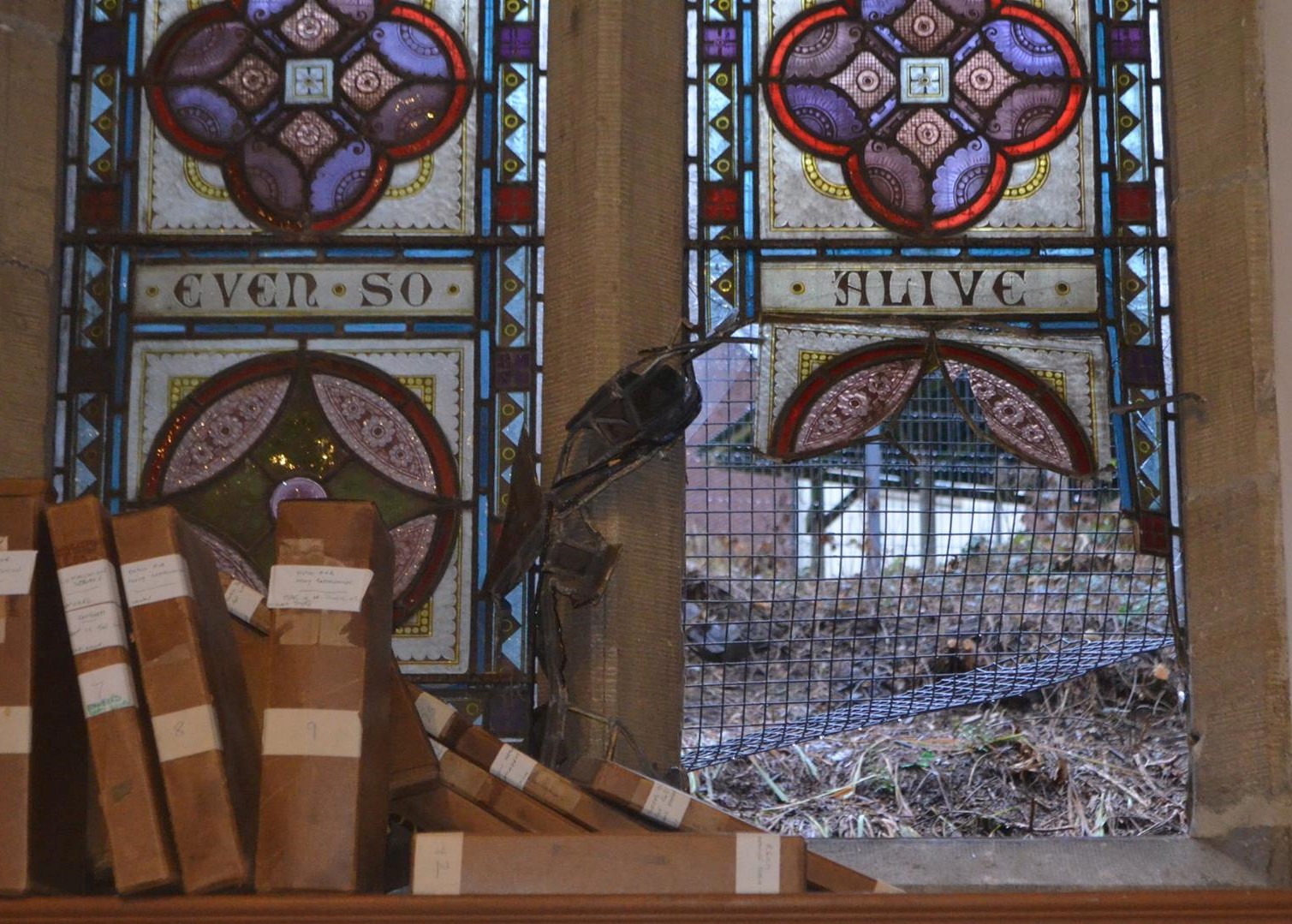
More than 600 incidents of criminal damage have been recorded at places of worship in the North in the past five years, according to a Christian charity.
Police Service of Northern Ireland (PSNI) figures obtained following a Freedom of Information request by Christian Action Research and Education (Care) NI showed there have been 601 such attacks between 2014/15 and 2018/19.
The figures include all crimes recorded as criminal damage to religious buildings, churchyards or cemeteries.
Recent incidents, the charity said, include an arson attack on St Saviour’s church in Craigavon, Co Armagh in July, and damage to the interior and a smashed window at Brantry parish church in Co Tyrone in April.
However, the figures also showed that the number of incidents has fallen each year, from 136 in 2014/15 to 104 in 2018/19.

In the first 7 months of 2020, Hungary’s birth rate increased by 4.9%, according to the latest figures from the country’s Central Statistics Office.
The corresponding fertility rate increased from 1.44 to 1.53 compared to the same period last year.
Meanwhile, in Ireland, the number of births in the first quarter of 2020 decreased by 1,522 (9.6%) while deaths increased by 56 (0.6%) compared to the same period in 2019.
In Hungary, the figures show that there were 52,825 births in January-July, up 2,488. The number of marriages also increased, rising to 34,337, up 2,158 from last year.
Moreover, despite the covid pandemic, the number of deaths at 74,093, was down 3,992, or 5.1%, from last year.
The rise in births and a drop in deaths means that the rate of population decline slowed by 23 percent compared with the same period last year.
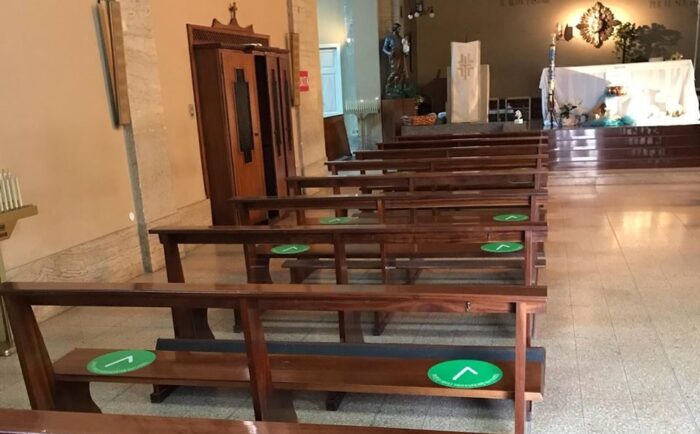
Evidence suggests that church services following public health guidelines do not present a greater risk of spreading the novel coronavirus than other similar activities, doctors said last week.
Washing hands, social distancing, and mask requirements have helped prevent the spread of COVID-19, even in cases when contagious, pre-symptomatic parishioners took part in church events, three members of the Thomistic Institute Working Group on Infectious Disease Protocols for Sacraments & Pastoral Care concluded.
Doctors Thomas McGovern, Deacon Timothy Flanigan, and Paul Cieslak authored an article for Real Clear Science on Mass attendance and COVID-19 Aug. 19.
“For Catholic churches following [the] guidelines, no outbreaks of COVID-19 have been linked to church attendance, even though we have examples … of asymptomatic, unknowingly infected individuals attending mass and other parish functions,” they wrote. “Their attendance could have led to an outbreak if appropriate precautions were not followed, yet in each case, we found no evidence of viral transmission.”
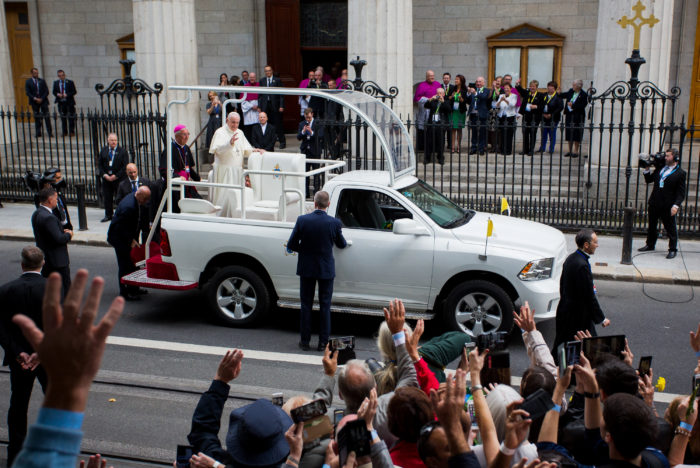
Members of the public will be able to attend Pope Francis’ general audiences again from Sept. 2 after an almost six-month absence due to the coronavirus crisis.
The Prefecture of the Papal Household announced yesterday that the next audience, this coming Wednesday, would take place “with the presence of the faithful.”
The gatherings will be held in the San Damaso Courtyard of the Apostolic Palace throughout September, following advice from authorities.
The venue differs from the usual location of St. Peter’s Square or the Paul VI Audience Hall.
The Prefecture noted that general audiences in September would start at 9.30 a.m. local time and would be “open to all those who wish, without the need for tickets.”

Retired Philipino Archbishop Oscar Cruz died early Wednesday from coronavirus complications. He is believed to be the 10th Catholic bishop to die of COVID-19 since the outbreak of the global pandemic.
The current archbishop of Lingayen-Dagupan in the Philippines said that Cruz died after “multiple organ failure caused by critical COVID-19 infection”.
Cruz died at Cardinal Santos Medical Center in San Juan City at the age of 85. He had been hospitalised since Aug. 10.
“He was a faithful shepherd. He was a courageous prophet. He was a brilliant canon lawyer … My heart is grateful that in this lifetime I met a great churchman like Archbishop Oscar V. Cruz,” Archbishop Socrates Villegas wrote on Facebook Aug. 26.
Cruz led the Archdiocese of Lingayen-Dagupan for nearly two decades from 1991 until his retirement in 2009. He was also president of the Philippines bishops’ conference from 1994 to 1999.
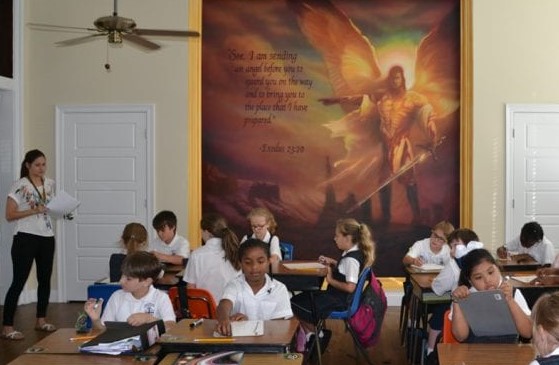
The Department of Education raised no objection to a secondary school holding a prayer assembly for 152 pupils on their first day back after the Covid shutdown of schools in March.
The assembly, at St Leo’s College, Co Carlow, has come in for criticism, with Association of Secondary Teachers’ Ireland president Ann Piggott describing it as “unwise and ill advised” in light of the continuing pandemic.
As students started to return to school for the first time in almost six months, incoming first-years at St Leo’s College were welcomed with a prayer service, with pupils seated a metre apart in the hall.
Principal Niamh Broderick, whose daughter Laura (13) was among the group, said they had followed department guidelines and everything was done properly and safely.
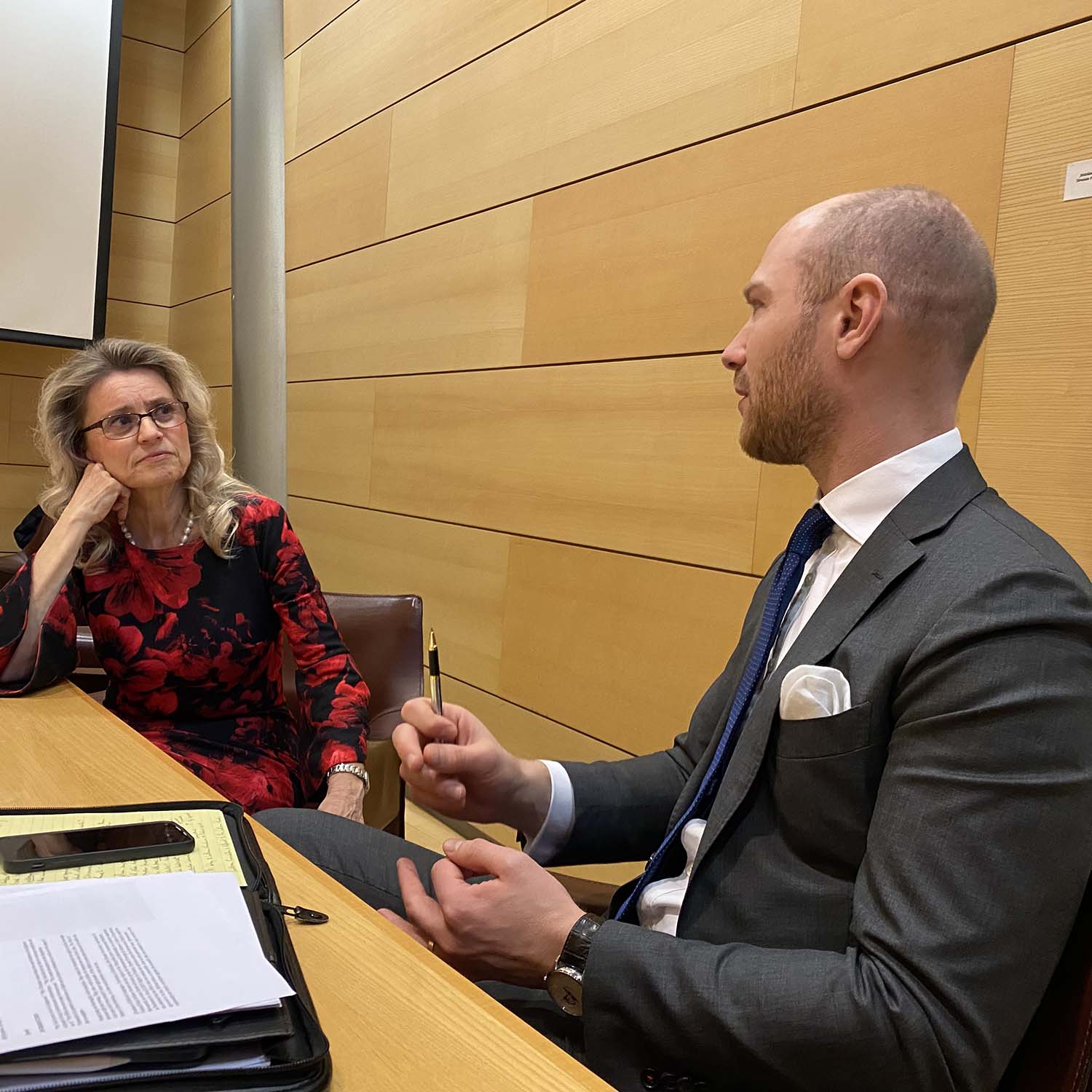
A former Minister of the Interior and serving Member of the Finnish Parliament, has undergone her third police interrogation in recent months for having voiced her biblical views of marriage and family.
The Finnish Prosecutor General suspects Päivi Räsänen of “ethnic agitation”, a crime punishable with up to two years of imprisonment.
“These police investigations have to do with whether it is legal to publicly confess and teach Bible-based views on man’s relationship with God,” said Mrs Räsänen. “I will defend my right to confess my faith, so that no one else would be deprived of their right to freedom of religion and speech. I hold on to the view that my expressions are legal and they should not be censored. I will not back down from my views. I will not be intimidated into hiding my faith.”
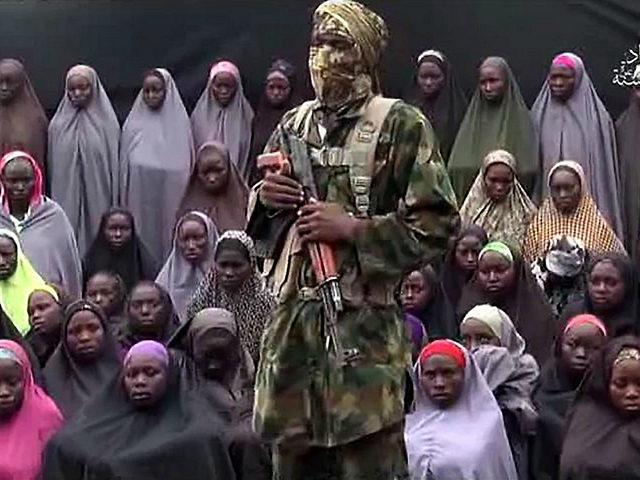
The UK Government is being urged to impose sanctions on Nigerian government officials “turning a blind eye” to the slaughter of Christians in the West African country.
Ayo Adedoyin, Chief Executive of PSJ UK, said that Nigeria’s Christians were facing a “catastrophe”.
“Tens of thousands of Christians have been murdered in Nigeria and many thousands more have been subjected to vicious assault.”
Mr Adedoyin added: “The British government must do more to support Nigerian Christians and should apply sanctions to the members of the Nigerian government that are, at best, turning a blind eye to this ongoing catastrophe.”
The move comes after a new report warned that extremists may have been responsible for the deaths of up to 100,000 Christians in Nigeria over the last two decades.
It said that Nigeria has suffered more violent incidents and deaths than the rest of the entire West Africa region.
The report cites the findings of a new Savanta ComRes poll which finds strong public support in the UK for tougher action.
Around half of UK adults said they would support the withholding of British foreign aid to Nigeria over the persecution of Christians, while three in five said they would support sanctions on individuals responsible for human rights abuses.
https://www.christiantoday.com/article/britain.called.to.sanction.nigerias.government.officials.over.christian.persecution/135418.htm

An archbishop has accused the BBC of ignoring persecuted minorities such as Christians and Yazidis in its acclaimed documentary ‘Once Upon a Time in Iraq’.
Iraqis oppressed because of their faith had been “airbrushed” out of the BBC’s history series, Bashar Warda, the Chaldean archbishop of Arbil, claimed.
He said Christians and others felt wounded and pained to be deprived of their voice and that the corporation had failed in its duty of impartiality.
The documentary looks at the legacy of the war against Saddam Hussein and the rise of Islamic State.
Iraq’s Christian community has dwindled by 90 per cent in a generation to an official 250,000 although experts believe it could be half that number.
Archbishop Warda, asked the BBC: “Does the persecution, murder and rape within our minority communities not count? Are our experiences of the 2003 invasion . . . irrelevant? Minority communities have felt and continue to feel voiceless in our persecution and suffering in Iraq; to be then airbrushed out of a . . . major BBC documentary is wounding and damaging.”
He asked for omissions to be “rectified so far as it is possible”.